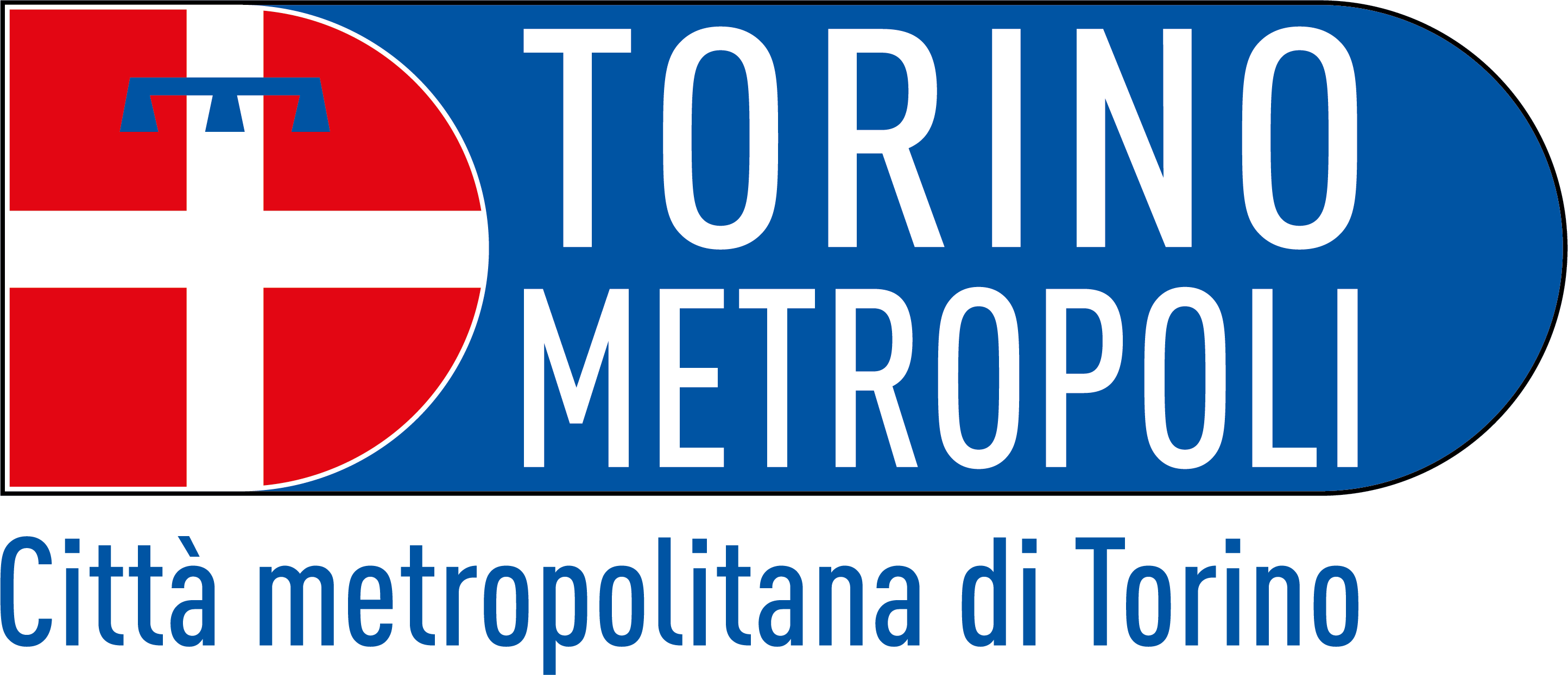"The best waste is the one not produced". Here is the slogan to follow in our daily activities. Remember that our every gesture, even small, can help reduce the amount of waste produced and, consequently, make our environment more hospitable and livable. Lifestyle habits, including purchasing habits, are often difficult to change, because factors such as comfort, price and the ease of finding everything we need are always prevalent. But it is important, step by step, try to change these habits: alternatives exist! Here are some suggestions.
- Limit the use of disposable products: you can use tablecloths, napkins and cloth handkerchiefs.
- Replace plastic dishes with traditional ones.
- Replace the cotton make-up pads with washable and reusable pads
- Use solid soap, shampoo and conditioner instead of liquid products: you will gain space at home and much less plastic bottles to dispose of
- Donate to charity associations or give them for sale at second-hand markets the objects you no longer use (clothes, books, toys, furniture...)
- Check if in your city there are artisan laboratories or other structures where you can repair electronic devices, appliances, furnishings, clothing ...
- Donate or share excess food with friends and neighbors
- If you have a vegetable garden or a garden, use the compost bin to transform organic waste and plant waste into compost.
- Make the shopping list: you will avoid excessive purchases and food waste
- Especially for food products, avoid buying "3X2 offers", "below cost" or other similar offers: in addition to guaranteeing a fair price to producers, you will avoid excessive purchases and subsequent waste
- Carefully check the expiry dates of the products: pay attention to the difference between the words "consume preferably by ..." and "consume by...". In the first case the food can be consumed even a few days after the date shown on the label, in the second it should be thrown away.
- Favor the purchase of seasonal products of local origin.
- For prompt consumption, prefer to purchase short-term food items at a discounted price, directly at points of sale with dedicated corners or by consulting the dedicated Apps
- Prefer bulk and draft products
- Limit the purchase of disposable and single portion products: you will reduce unnecessary packaging, especially if made of plastic
- Avoid buying plastic capsules for coffee machines, preferring paper ones or, better, loose coffee
- Favor the purchase of products with more differentiated packaging (paper, cardboard, glass, etc.)
- Reduce the purchase of water and beverages in plastic bottles, or use water or milk plug dispensers or the "return-to-empty" system
- Always carry reusable bags with you to avoid using envelopes and bags
- It favors the purchase of reusable products (washable diapers, menstrual cups, …)
- Bring a bottle with you to fill with tap water: it is as good and safe as bottled water
- Limit the use of the card, favoring e-mail and PEC and, if possible, use the sheets on both sides.
- Choose homemade fruit or cakes for your snack, avoiding products with plastic packaging
In the restaurant, in the bar, on vacation
- Prefer the bars, restaurants and hotels that adopt environmental sustainability practices(1)
- Always request to be able to take away the food that you have not completely consumed (Rimpiattino Project / Re-box Project)
- Avoid the use of disposable plastic straws, plastic pallets for coffee and soft drinks, disposable plastic dishes and paper tablecloths and napkins.
Are you interested in consuming in a sustainable way? Discover the Reduce and reuse points!
Note
1 Bars, restaurants, hotels that, for example, use traditional crockery, cutlery and linen (not disposable), offer menus with half portions or children's menus, allow the removal of food not consumed, avoid the single-dose packs of sugar, jams etc ... and save water and energy.
Good practices consistent with the Guidelines on urban waste prevention - (Federambiente-ONR)
